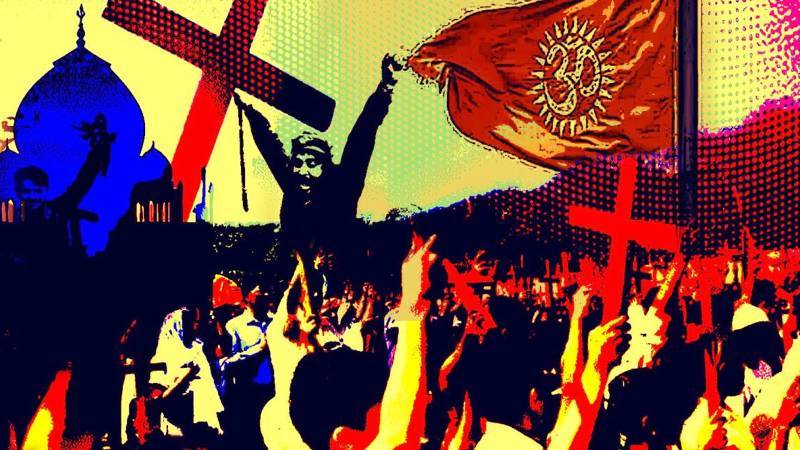
History is a relentless teacher, showing us that nations crumble not by external forces but by the erosion of their moral fabric. Today, I grieve for a Pakistan that seems to have forgotten its soul.
It is with a heavy heart that I reflect on the state of my beloved homeland, Pakistan. A country born with the promise of equality, justice, and freedom for all has become unrecognisable. The land I love has been turned into a stage for a tragic puppet show, where the powerful manipulate, the weak suffer, and the voices of reason are silenced. What hurts even more is knowing that the very values we, as a nation, hold sacred—compassion, justice, and unity—are being trampled upon in the name of power, politics, and religion.
Pakistan's political system has devolved into a carefully orchestrated performance. Those who truly wield power remain in the shadows, pulling the strings of politicians like puppets. When a puppet no longer serves their purpose, the courts are weaponised—not for justice, but to maintain the status quo. This endless cycle of manipulation leaves the real issues—poverty, injustice, and inequality—unaddressed and festering.
Adding fuel to the fire is the politicisation of religion. Faith, which should guide us toward compassion and unity, has been weaponised to divide and distract. This has had devastating consequences for Pakistan's religious minorities. Christians endure brutal mob attacks, their churches desecrated, and their homes destroyed. Hindus live under the constant threat of forced conversions, their daughters torn from their families. Ahmadis, perhaps the most marginalised of all, are denied their basic rights, facing daily humiliation and persecution. Their mosques are demolished, their graveyards desecrated, and their community erased from public life.
The blasphemy laws, intended to protect religious sentiment, have become tools of oppression and fear, leaving entire communities vulnerable to exploitation and violence
Just yesterday, an historic Ahmadi mosque built by Sir Zafarullah Khan—a man who played a pivotal role in Pakistan's creation—was demolished by the very government tasked with safeguarding its citizens. This act was not just an attack on a building; it was a blow to the principles of coexistence and respect that should form the foundation of any society.
And then there is the horror of mob justice, a terrifying byproduct of this religious manipulation. A single accusation of blasphemy—often fabricated—can ignite unspeakable violence. Innocent people are lynched in the streets, while others languish in prisons, condemned to a life of despair. The blasphemy laws, intended to protect religious sentiment, have become tools of oppression and fear, leaving entire communities vulnerable to exploitation and violence.
This is not the Pakistan that I, or any of us, dream of. It is not the Pakistan envisioned by its founders—a land of peace, tolerance, and opportunity for all. And yet, as a Muslim, I know that despair is not an option. Faith in Allah teaches us that even in the darkest times, there is always a glimmer of hope.
We must speak out against these injustices, demand accountability from those in power, and work toward creating a Pakistan where every citizen, regardless of faith or background, can live with dignity and security. Let us pray for a future where justice prevails over tyranny, where humanity triumphs over hatred, and where the promise of Pakistan can finally be fulfilled

